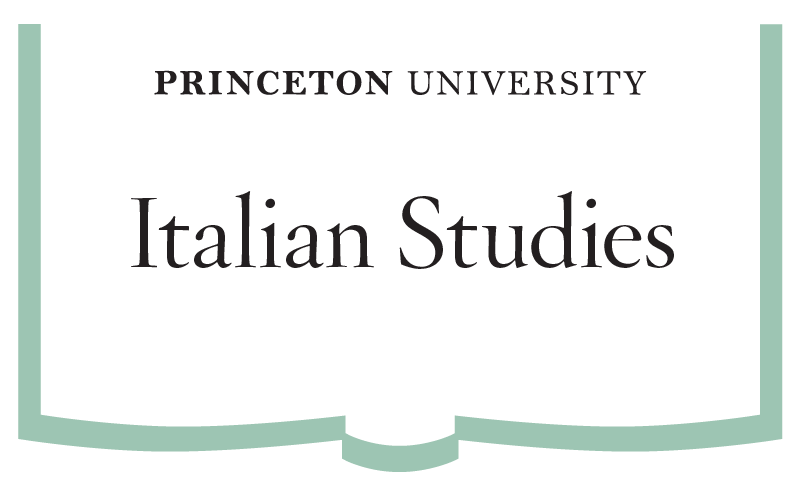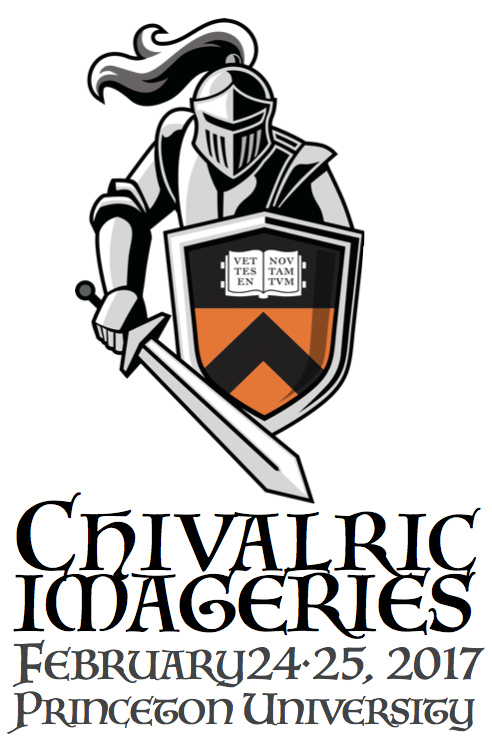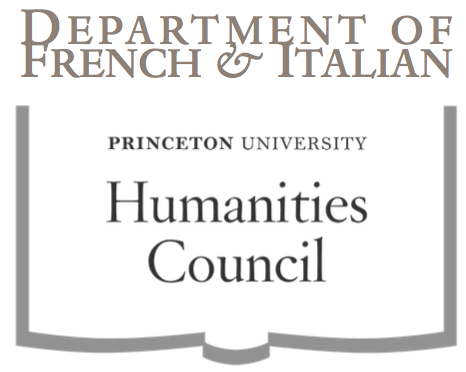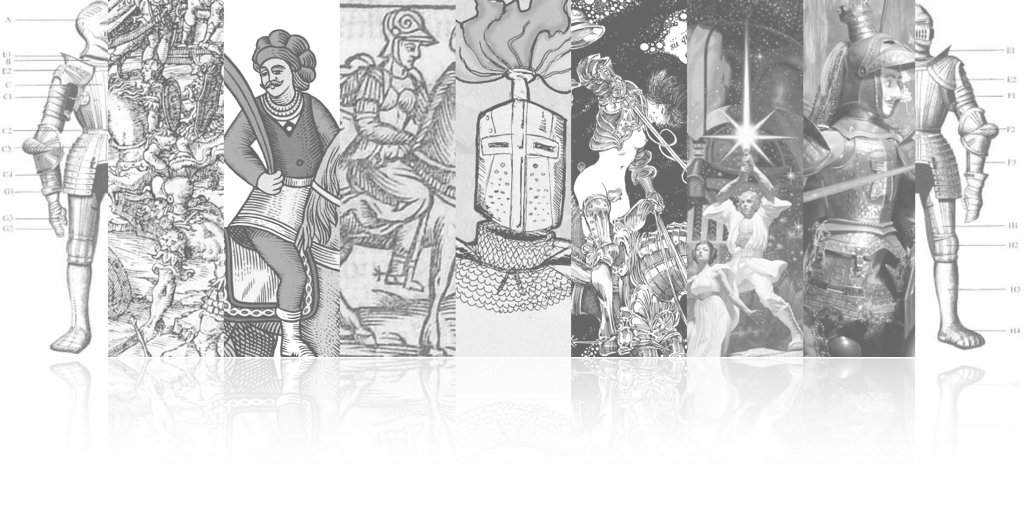A two day conference on the multimedia imagery of chivalry, from medieval paladins and Renaissance poems to the Jedi order and the Dark Knight. Nine scholars across the disciplines will discuss the codes, representations, and legacies of knighthood in literature, opera, puppetry, cinema, treatises, and comic books.
After a year of worldwide celebrations for the 2016 Ariostean centenary, this conference intends to explore the origins, the metamorphoses, and the destinies of the Orlando Furioso’s protagonists: knights. Scholars from European and American institutions will gather to discuss chivalric cultures, values, and identities in the Western imagery. The moral foundations and the cross-media aesthetics of chivalry will be investigated underlining issues of gender, ethics, politics, and literary and visual genealogies. Apart form its historical reality and its representations in the arts, chivalry will be approached as a transnational social experiment that crossed the centuries.
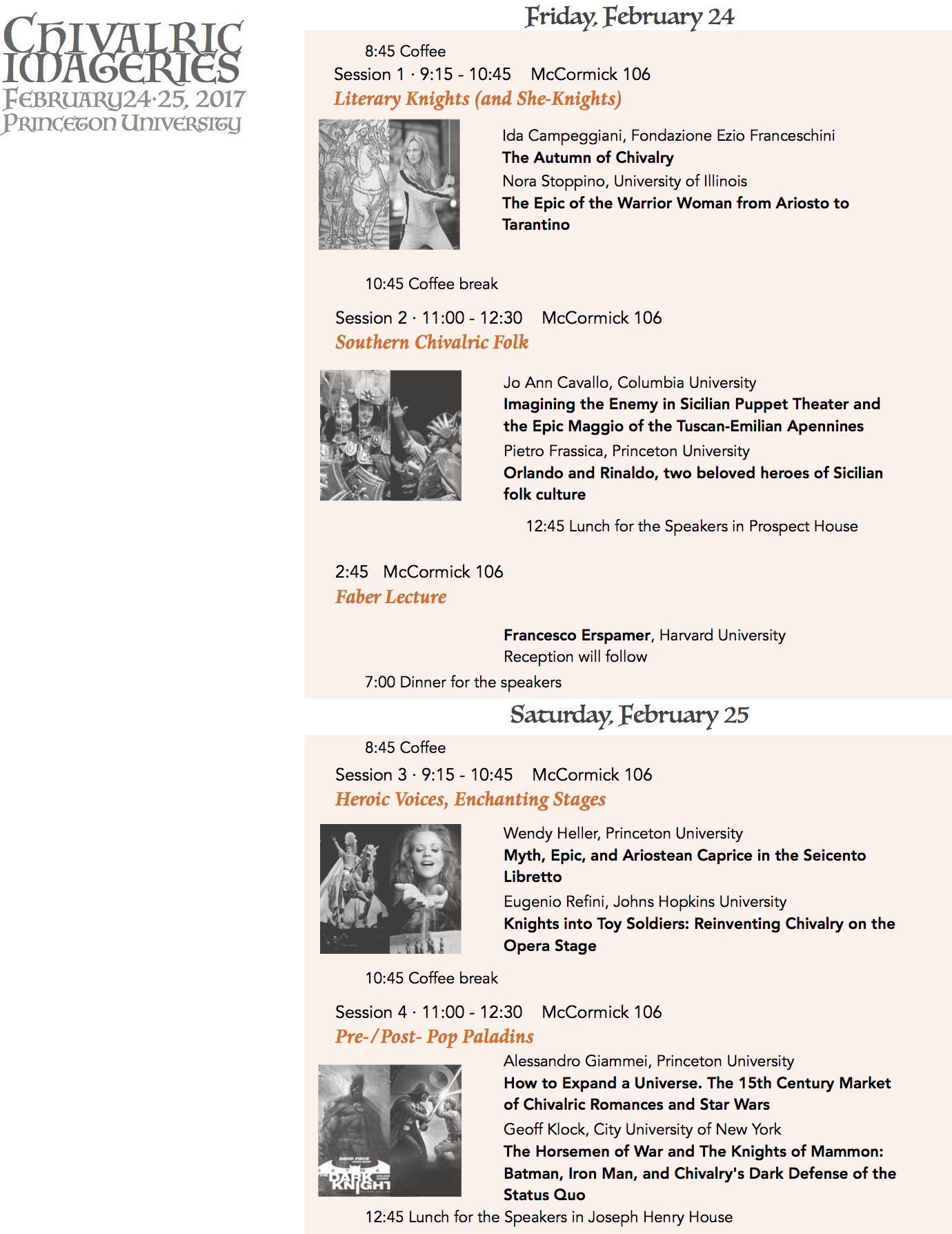
Speakers:

Ida Campeggiani (PhD Scuola Normale Superiore) is Praloran Fellow at the Fondazione Ezio Franceschini in Florence, Italy, where she is working on a book project on the history of the satyrical use of Dantesque tercets in the fifteenth and sixteenth century. After her Perfezionamento in 2015 she got a Borsa di formazione and two Assegni di ricerca from the Scuola Normale Superiore, where she had been Allievo Ordinario during her undergraduate and masters studies, obtaining an exchange fellowship at the École Normale Supérieure in Paris. She has taught at the University of Pisa and at the Scuola Normale Superiore. Her published work focusses on both modern literature and the Italian Renaissance, with articles on Montale, Magrelli, Rosselli, Bassani, Gadda, Ariosto, Bembo, Castiglione, Michelangelo. On Michelangelo, in 2012, she published the book Le varianti della poesia di Michelangelo. Scrivere per via di porre. She is currently curating the Italian edition of the chapter “Ariosto” of Robert Durling’s The Figure of the Poet in Renaissance Epic, and she is completing a monograph on Eugenio Montale. Her next book, devoted to Ludovico Ariosto’s mature work, is about to be published in Italy with the title L’ultimo Ariosto. Dalle Satire ai Frammenti autografi.

Jo Ann Cavallo (PhD Yale University) is Professor of Italian and current Italian Department Chair at Columbia University. She specializes in the Italian Renaissance romance epic and its performance traditions in the Mediterranean. Her most recent book, The World beyond Europe in the Romance Epics of Boiardo and Ariosto, was awarded the Modern Language Association’s Scaglione Publication Award for a Manuscript in Italian Literary Studies in 2011, and is forthcoming in Italian translation. Professor Cavallo is also the author of Boiardo’s Orlando Innamorato: An Ethics of Desire (1993), The Romance Epics of Boiardo, Ariosto, and Tasso: From Public Duty to Private Pleasure (2004), and of the documentary Il maggio emiliano: ricordi, riflessioni, brani (2003). Her articles address early Christian and gnostic literature, Italian authors from the medieval to the modern period, and folk traditions that dramatize epic narratives. She co-edited Fortune and Romance: Boiardo in America in 1998, and Speaking Truth to Power from Medieval to Modern Italy in 2016. Professor Cavallo has also adapted several episodes from Boiardo’s Orlando Innamorato into comedies that have been performed in various regions of Italy (2000-2006), and in English translation in New York City (2003, 2006).
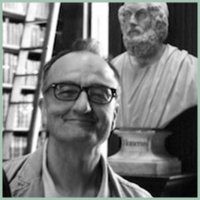
Francesco Erspamer (PhD University of Rome La Sapienza) is Professor of Romance Languages and Literatures at Harvard University, where he is responsible for the Italian Studies division. He specializes in intellectual history, cultural transformations between nineteenth and twentieth century, and the Italian Renaissance. He curated a number of annotated critical editions of Renaissance authors such as Pietro Aretino, Iacopo Sannazaro, Lorenzino de’ Medici. His first book, La biblioteca di don Ferrante: Duello e onore nella cultura del Cinquecento (1982), addresses the codes and values of chivalric science. He also published two studies on the concept of culture: La creazione del passato. Sulla modernità culturale (2009) and Paura di cambiare. Crisi e critica del concetto di cultura (2010). He edited a special issue of the journal Rinascimento on “Italian studies in America”. Besides Chivalric literature and treatises, his articles address a variety of topics in Italian literature, from the medieval and early-modern period (Petrarch and Petrarchism, Renaissance theatre, the Arcadia, Tasso) to twentieth century masters (d’Annunzio, Svevo, Montale). He created and organizes the Zerilli-Marimò Prize for Italian Fiction, he contributes regularly to the Rivista dei libri, and he curates a political column in La Voce di New York.
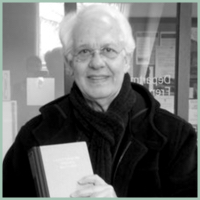
Pietro Frassica (PhD Boston College) is Professor of Italian and co-chair of the Department of French and Italian at Princeton University. His interests include Renaissance Italian literature, interdisciplinary relations between literary and visual traditions in the eighteenth century (Parini), contemporary literature (Primo Levi, Marinetti, Soldati, Lagorio), theater (Pirandello), and gastronomy in literature. He is the author of more than eighty published articles about every century of Italian literary history, and his books include: Chroniche de la città de Anchona (critical edition), 1979; A Marta Abba per non morire, 1991; Romanzo europeo tra Otto e Novecento, 1992; Caro Maestro (letters by Marta Abba to Luigi Pirandello), 1994; Varianti e invarianti dell’evocazione, 2004 (Val di Comino Prize 2006). He has also edited several volumes, such as Primo Levi as Witness (1991), Studi di filologia e letteratura italiana (1992), Salvatore Quasimodo. Nel vento del Mediterraneo (2001), Ercole Patti e altro novecento siciliano (2004), Magia di un romanzo, Il Fu Mattia Pascal prima e dopo (2005), and La Cucina Futurista, (2007). His most recent works are the introduction and annotated edition of Pirandello’s works for the Letteratura Italiana Ricciardi collection, and of Parini’s Soggetti per artisti within the Edizione Nazionale delle Opere di Giuseppe Parini.
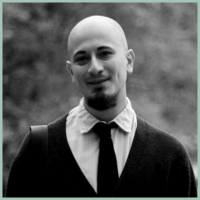
Alessandro Giammei (PhD Scuola Normale Superiore) is Cotsen Postdoctoral Fellow in the Society of Fellows and Lecturer in French and Italian at Princeton University. He completed his laurea studies in Rome, where he collaborated with the Dartmouth College Rome Center. During his PhD he obtained an exchange fellowship and spent a semester at New York University, where he taught in the Department of Italian Studies. In Princeton, he leads the Italian course at the Prison Teaching Initiative, serves as Resident Faculty Fellow at Forbes College, and collaborates with the Program in Italian Studies. His scholarship addresses interdisciplinary questions at the crossway of textual and visual studies, Renaissance and modernity, with articles in English and Italian on avantgarde and experimental poetry, illustrated books, translations, and the relations between literature and painting. His first book, Nell’officina del nonsense di Toti Scialoja. Topi, toponimi, tropi, cronotopi, won the Harvard edition of the Edinburgh Gadda Prize in 2015. He is completing a translation of Scialoja’s illustrated nonsense poems and the entry “Immaginario Cavalleresco” for the Italian encyclopedia Treccani. He is currently working on a book project on the revivals of Ludovico Ariosto’s legacy in the literary, visual, and political culture of late modernity.

Wendy Heller (PhD Brandeis University) is Professor of Music, Chair of the Music Department, and Director of the Program in Italian Studies at Princeton University. She specializes in the music of the seventeenth and early eighteenth centuries, with emphasis on the study of opera from interdisciplinary perspectives. Trained as a singer at New England Conservatory, Professor Heller’s scholarship is also strongly influenced by her extensive performing experience, and has been a driving force behind the production of baroque operas at Princeton. Author of the award-winning Emblems of Eloquence: Opera and Women’s Voices in Seventeenth-Century Venice, she won the Rome Prize in Post-Classical Humanist Studies as well as numerous fellowships, honors and prizes from such organizations as the ACLS, the Mellon Foundation, the NEH, the Gladys Krieble Delams Foundation, the Society of Fellows at Columbia University, New College Oxford, Villa I Tatti (Harvard), the Metropolitan Museum of Art, the Council of the Humanities (Princeton). She is also the author of Music in the Baroque and its companion volume Anthology of Music in the Baroque (2013). She is currently completing a book entitled Animating Ovid: Opera and the Metamorphoses of Antiquity in Early Modern Italy and critical editions of Handel’s Admeto and Francesco Cavalli’s Veremonda Amazzone d’Aragona.

Geoff Klock (PhD University of Oxford) is an associate professor in the English department at the BMCC-CUNY. He is the author 25-ish essays and three books: How to Read Superhero Comics and Why, which looks at comic books through Harold Bloom’s poetics of influence; Imaginary Biographies: Misreading the Lives of the Poets, which looks at bizarre portrayals of historical poets in poems (e.g. Vergil in Dante’s Inferno); and The Future of Comics, the Future of Men: Matt Fraction’s Casanova, a study of masculinity and creator-rights which takes a spy comic book as its central text. His next book will be Aestheticism, Evil, Homosexuality, Hannibal: If Oscar Wilde Ate People, which investigates the bittersweet legacy of art-for-art’s sake in popular culture, and the Hannibal the Cannibal Lecter character in particular. He has been cited by academics 216 times, was quoted in the LA Times, and made a mash up of pop culture Hamlet quotes on YouTube that got 52,000 views. He has done 80-odd presentations at academic and popular venues, including hosting Basic Instinct at the 92Y TriBeCa, talking about fashion and superheroes at the Metropolitan Museum of Art, capitalism and spies at Webster Hall, Shelley and orgy sex for Chandelier Creative (the people who made the Old Navy ads), Batman at a rock climbing gym, Hamlet and the Joker on bleachers in front of Penn Station, and Macbeth and Toxic Masculinity at the Strand’s Rare Book Room.
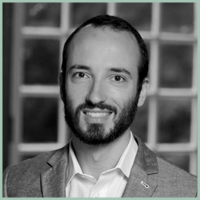
Eugenio Refini (PhD Scuola Normale Superiore) is assistant professor of Italian Studies at Johns Hopkins University. He was research fellow at the University of Warwick (2010-2013), Ahmanson fellow at Villa I Tatti – The Harvard University Center of Italian Studies (2013-2014), as well as the recipient of visiting fellowships from the École Normale Supérieure in Paris, the University of Geneva, and the Harry Ransom Research Center at the University of Texas, Austin. Professor Refini specializes in the medieval and early modern literary culture of Italy and France. His main research interests are Renaissance poetics, rhetoric, and drama; the Classical tradition; and the intersections of music and literature. He published a monograph on Alessandro Piccolomini (Per via d’annotationi: Le glosse inedite di Alessandro Piccolomini all’Ars Poetica di Orazio, 2009) and edited the author’s Discorso fatto in tempo di Repubblica (2008). Ho also co-edited a volume on vernacular aristotelianism in Renaissance Italy (Aristotele fatto volgare: filosofia aristotelica e volgare nel Rinascimento, 2015). His numerous articles and book chapters in English and in Italian address literary and interdisciplinary topics, focussing on Renaissance and Baroque Italy (Ariosto, Tasso, Della Porta, Latin Humanism and vernacular translation, the early modern reception of the “sublime”).
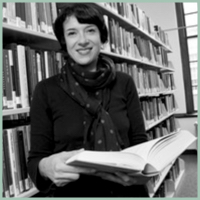
Nora Stoppino (PhD University of California, Berkeley) is Associate Professor of Italian at the University of Illinois Urbana-Champaign, where she directs the Program in Medieval Studies. She specializes in the literature and culture of the Middle Ages and Early Modern period, with concentrations on epic and romance, Early Modern travel narratives, Medieval and Renaissance conduct texts, gender studies, and animal studies. Professor Stoppino works comparatively across different geographic areas of the Mediterranean, including Italy, Provence, France, Spain, and Catalonia. She published articles on Boccaccio, Dante, Ariosto, Tasso, the Italian epic tradition, and medieval conduct literature. Her first book, Genealogies of Fiction: Women Warriors and the Dynastic Imagination in the Orlando furioso (2011), is a study of the intersections of epic, gender, and genealogy in Ludovico Ariosto. It was awarded the American Association for Italian Studies Book Prize in 2012. The Italian Minister of Culture appointed Professor Stoppino to the “Comitato Nazionale per il V Centenario dell’ Orlando Furioso” in 2016. She is co-editing Approaches to Teaching Ariosto’s Orlando Furioso (with Albert Russell Ascoli) and Performing Homer: The Voyage of Ulysses from Epic to Opera (with Wendy Heller). Her current book project addresses animals, education and contagion in medieval and early modern literature.
